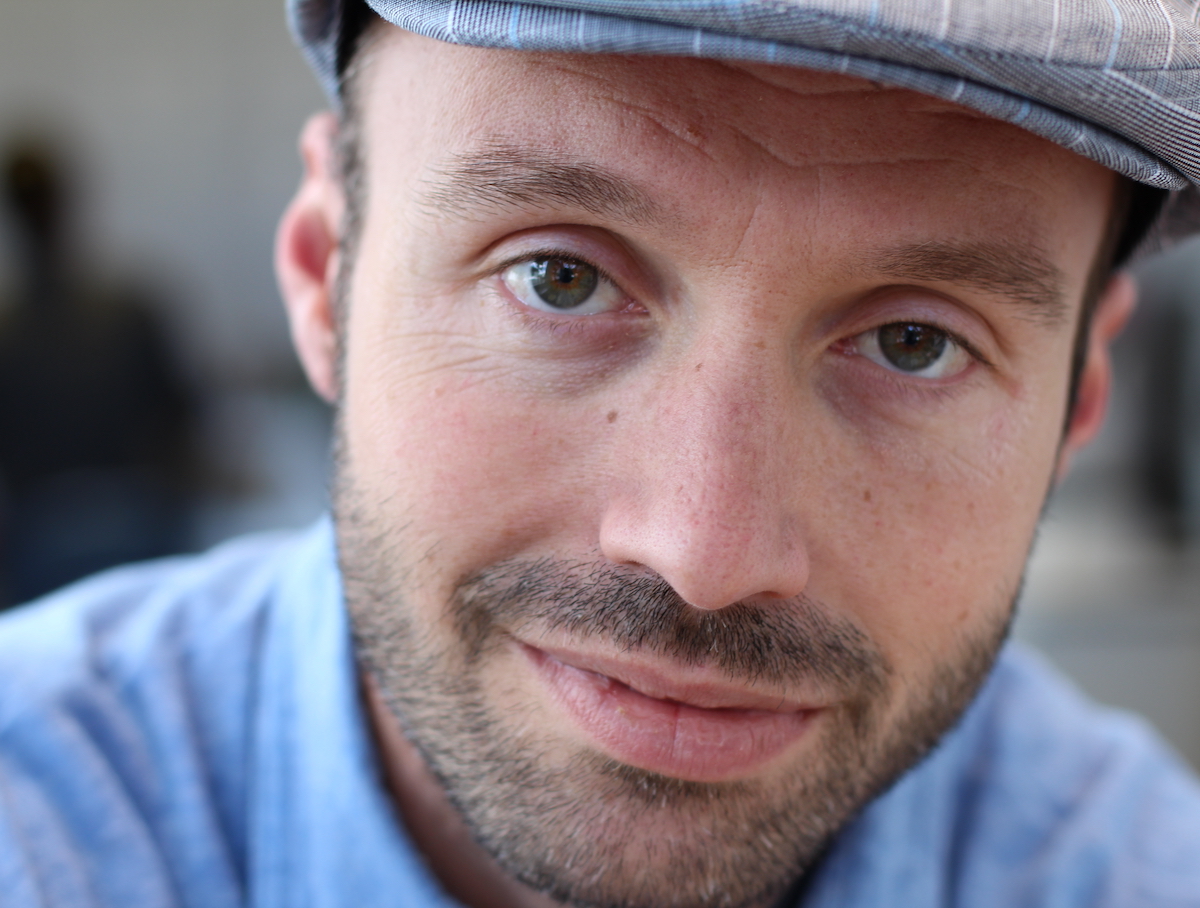As many of us have so eloquently put it to our friends, families, neighbors, and significant others, “This is freaking crazy.” And we’re right. None of us has ever lived through a pandemic before.
Up until about two weeks ago and since August, I lived in Washington State where the first coronavirus case in the U.S. showed up in January, in a town only about a twenty-minute drive from my college campus. When my friends and I heard about this, we washed our hands more often than before, and I sanitized the handles in my bathroom. We shrugged it off because really, what else could we do? We weren’t going to put our lives on hold.
I am writing this from my room in Maplewood, New Jersey. I had planned on coming home for spring break, but I was supposed to go back to Washington on Monday March 30. Instead, I’ll be staying home for the foreseeable future. I learned this about a week ago. This news, combined with having to leave Washington without saying goodbye to my friends, an untimely breakup, being virtually stuck inside my house, and a history of anxiety and depression, has made for a rocky couple of weeks. And I really do have it easy. I have my family, I can go on walks with my friends and my dogs, and I’m healthy. So this complicates my answer when someone asks me, “How are you doing?”
“Well,” I think, “I’m scared and heartbroken and anxious and missing my friends and confused. But I have my family and my health.” So I usually tell them that I’m fine. And the thing is, I have been feeling fine. I mean, not fine as in “fine and dandy” but fine considering the circumstances. I have been reading and baking and walking and biking and sleeping and catching up on TV.
My biggest worry as of now is how I will create a schedule for myself when classes start. While I was at school, I would motivate myself to do my work by moving around a lot and spreading the work throughout the day. I would do one class’ work in one library, eat lunch, go to class, and then go to another library to finish. Moving around and keeping my day busy was how I got stuff done. And now, I won’t have a tight schedule, nor will I have a variety of libraries and cafes in which to work.
A time of lockdown and social distancing is a time where we lose so many parts of our daily lives, so many distractions to which we are so accustomed. And people with mental health disorders thrive on distraction.
So what can we do? The National Alliance on Mental Illness had their fair share of suggestions. “Limit news consumption…Take care of yourself…find distractions…help others” (1). I think these are great suggestions. But I think it’s hard to believe that they will work sometimes, especially when distraction seems impossible when I’m stuck inside all day, and all social media consists of is “COVID, COVID, COVID.”
I particularly liked the advice that Joshua Gordon, director of the National Institute of Mental Health (NIMH), gave in his article entitled “Coping with Coronavirus: Managing Stress, Fear, and Anxiety.”(2) He wrote, “It is important to realize that social distancing does not have to mean social isolation… Connecting with our friends and loved ones… can help us maintain ties during stressful days ahead and will give us strength to weather this difficult passage.”
This has been giving me a lot of hope throughout the past few weeks. I talk to my friends every day.
While I’ve been talking to them, I’ve been checking in on them, especially the ones who I know deal with mental health-related struggles. Shayna, one of my closest friends from high school, goes to college in New York. She’s very open with me and my friends about her struggles with anxiety and depression, so I asked her how she’s doing right now. She told me, “I get really anxious about things that are changing and uncertain, which is why I’ve been… struggling in the past month.” I also reached out to one of my school friends, to see how he’s coping on the opposite side of the country. Rylan lived down the hall from me until a few weeks ago. We talked pretty openly about our mental health struggles while we were at school, so I was curious to see how he’s doing now. “It does suck not seeing any friends or such, but it’s not as bad as it could be. Eventually I feel like cabin fever will probably kick in, especially once school kicks up again.”
My conversations with my friends weren’t hopeless though. Shayna assured me that she’s been keeping herself safe and sane. “[I’m] trying the best I can to distract myself, through social media, reading, television and movies,” she explained. “[I’m] also trying to use humor and creativity as a coping mechanism.”
Rylan spoke to something I could relate to: being lucky to have family and friends that we actually, well, like. “Luckily, unlike others, I actually enjoy my family’s company,” he said. “Talking to people online being the only option outside of my family… I wouldn’t say I feel isolated or anything, especially with my family here and all… [I’m] mostly just making sure to stay occupied and talk to people.”
Most of us have no control in this current situation. And I try to think of this as a blessing. The only thing we can do to help is stay inside and keep our distance. The only thing we can do to help is nothing. And while that’s frustrating and boring, it’s kind of a freeing thought for me.
Sources:
1. https://www.nami.org/Blogs/NAMI-Blog/March-2020/Coronavirus-Mental-Health-Coping-Strategies



